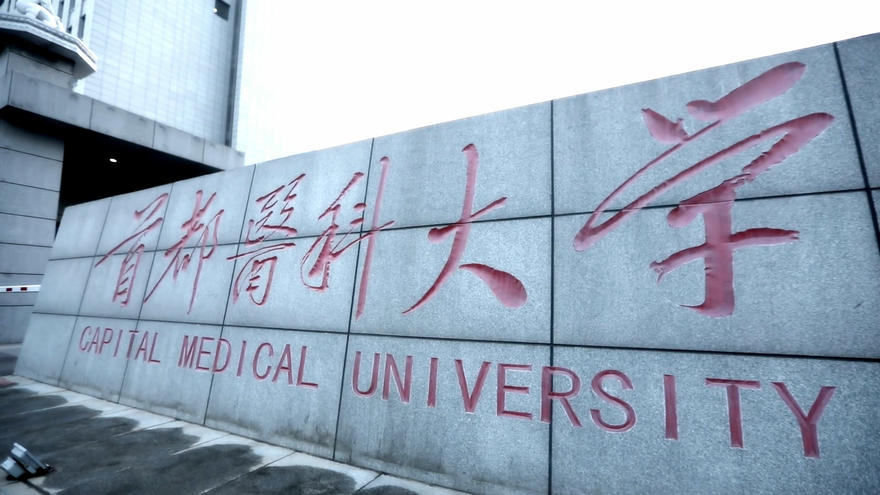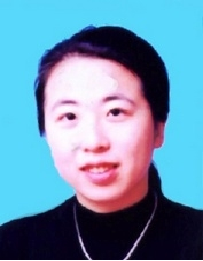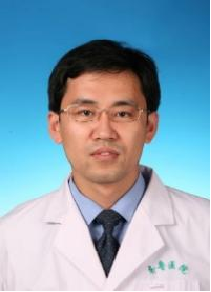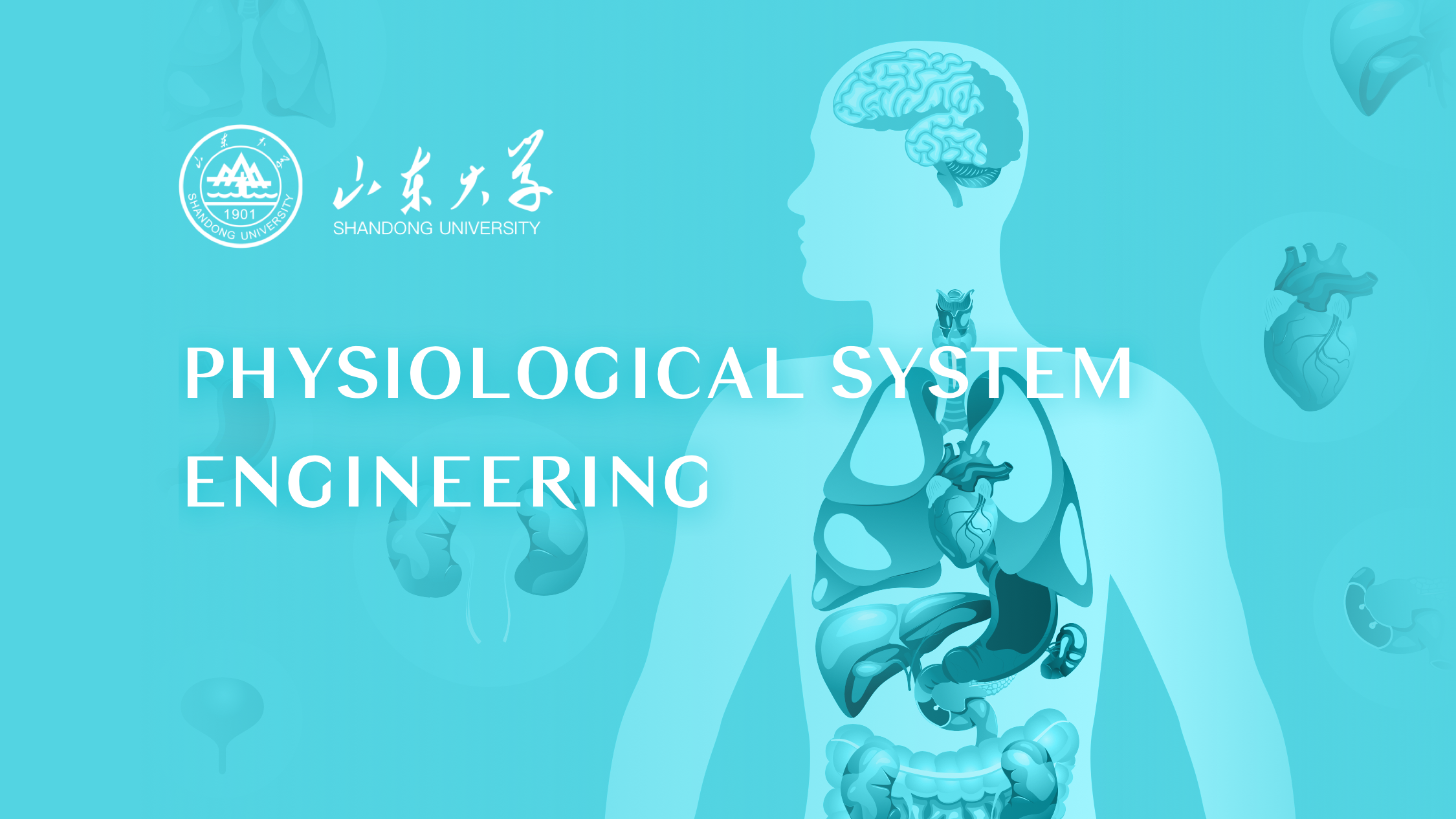
About This Course
Physiological System Engineering consists of basic contents of cells, blood circulation, digestion and respiration, function of nervous system and so on. Through learning of this course, make the students master the organism the relative independence of each organ, system function and coordination of unity, understanding physiology research methods and means, to cultivate students "integration" of biology science thought, so that students can use the "integration" ideas to solve problems in biomedical engineering, for students to learn about the follow-up courses provide the necessary physiological basis.
Requirements
Have a biological foundation
Course Staff

Wei Li #1
Li Wei, professor of Intelligent Medical Engineering Research Center, School of Control Science and Engineering, Shandong University, reviewer of several SCI journals such as "Environmental Toxicology" and "Environmental Science and Pollution Research".His research interests mainly include tumor early diagnosis and screening technology, medical imaging and image processing, environmental pollution and health.He has presided over a number of projects such as the National Key R&D Program, the National Natural Science Foundation of China, and the Shandong Provincial Major Innovation Project.He has presided over or participated in a total of 9 teaching reform projects, led students to achieve good results in innovation and entrepreneurship competitions such as Challenge Cup, Internet +, and Daiso for many times, and published many teaching reform papers with fruitful teaching results.As the first author or corresponding author, he has published more than 30 core scientific research papers in internationally renowned academic journals, and has been cited more than 100 times.In the past five years, 15 invention patents and 3 international patents have been authorized, and more than 40 patents have entered the substantive examination stage.Presided over the formulation of one national standard, participated in the formulation of two national standards, and participated in the formulation of two domestic expert consensus.It has established a broad cooperation platform with many scientific research institutions such as University of California, Davis, Helmutz Environmental Research Center in Germany, Shandong Cancer Hospital, Qilu Hospital of Shandong University, Suzhou Institute of Medical Technology, Chinese Academy of Sciences, Shandong Advanced Institute, etc., carried out research cooperation in various fields.

De dong Ma #2
Deputy Director of the Department of Respiratory and Critical Care Medicine, Qilu Hospital of Shandong University, Chief Physician, Postdoctoral Fellow in Genetics, Postgraduate Supervisor of Internal Medicine and Nursing, Adjunct Teacher in the School of Control, Respiratory Disease Branch Member of the Chinese Medical Association, Sleep Group Youth, Respiratory Branch China Preventive MedicineHe is a member of the Chinese Medical Doctor Association Sleep Medicine Professional Committee, a member of the Respiratory, and the Youth Working Committee of the Chinese Medical Doctor Association Sleep Apnea Committee Youth Working Committee of Shandong and Deputy Secretary General of the Biomedical Engineering Research Institute.Outstanding young and middle-aged physicians of the Respiratory Medicine Branch of the Chinese Medical Doctor Association, the first member of the National Health Science Expert Database, an outstanding young physician of Qilu Medical College, and an outstanding young talent of Qilu Hospital.The main research direction is non-invasive, invasive ventilator application and remote control.He has designed a variety of new non-invasive ventilation modes, and has been granted patents for inventions and prototypes.A series of positive pressure devices have been developed for the treatment of sleep apnea, which can be applied independently of the ventilator.A variety of respiratory support and protective equipment have been designed and patented for patients with novel coronavirus pneumonia.Paying attention to the prevention of respiratory diseases, the risk factor analysis of respiratory diseases based on geographic information system was carried out earlier in my country.He has presided over more than 10 projects at all levels, published more than 10 SCI papers, and has been cited more than 120 times.Obtained more than 30 Chinese patents (more than 10 invention patents) and 1 US patent.Participated in the formulation of two national standards, "General Technical Requirements for Vital Signs Sensing Devices of the Internet of Things" and "Data Interface Specifications of Vital Signs Sensing Devices of the Internet of Things"; presided over the drafting of the Chinese Preventive Medicine Association's "Nursing equipment use and use in non-designated hospitals under normal management of epidemic situation"Maintenance Standards" and participated in the formulation of expert consensus on the diagnosis and treatment of Pompe disease in adults.




